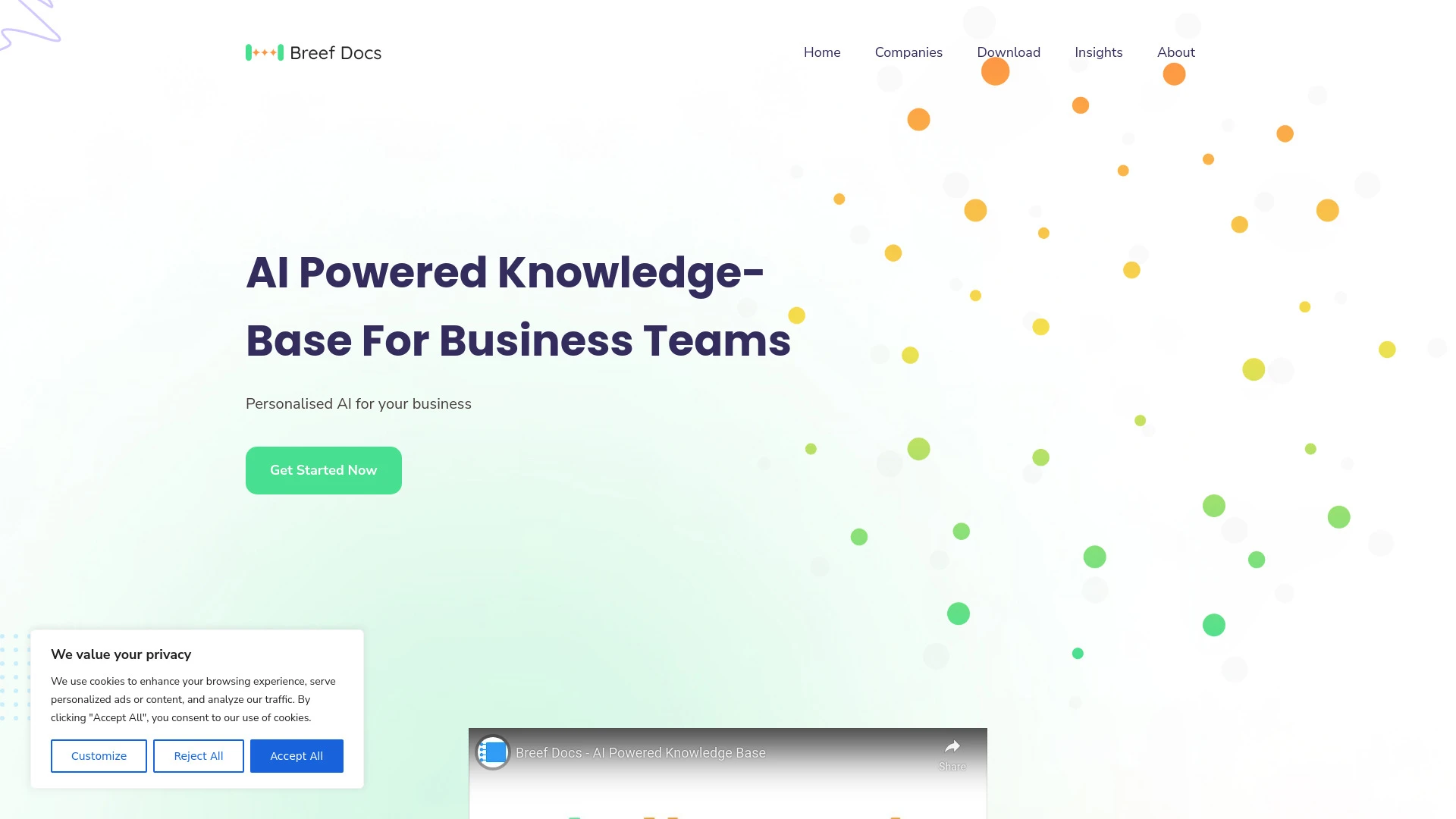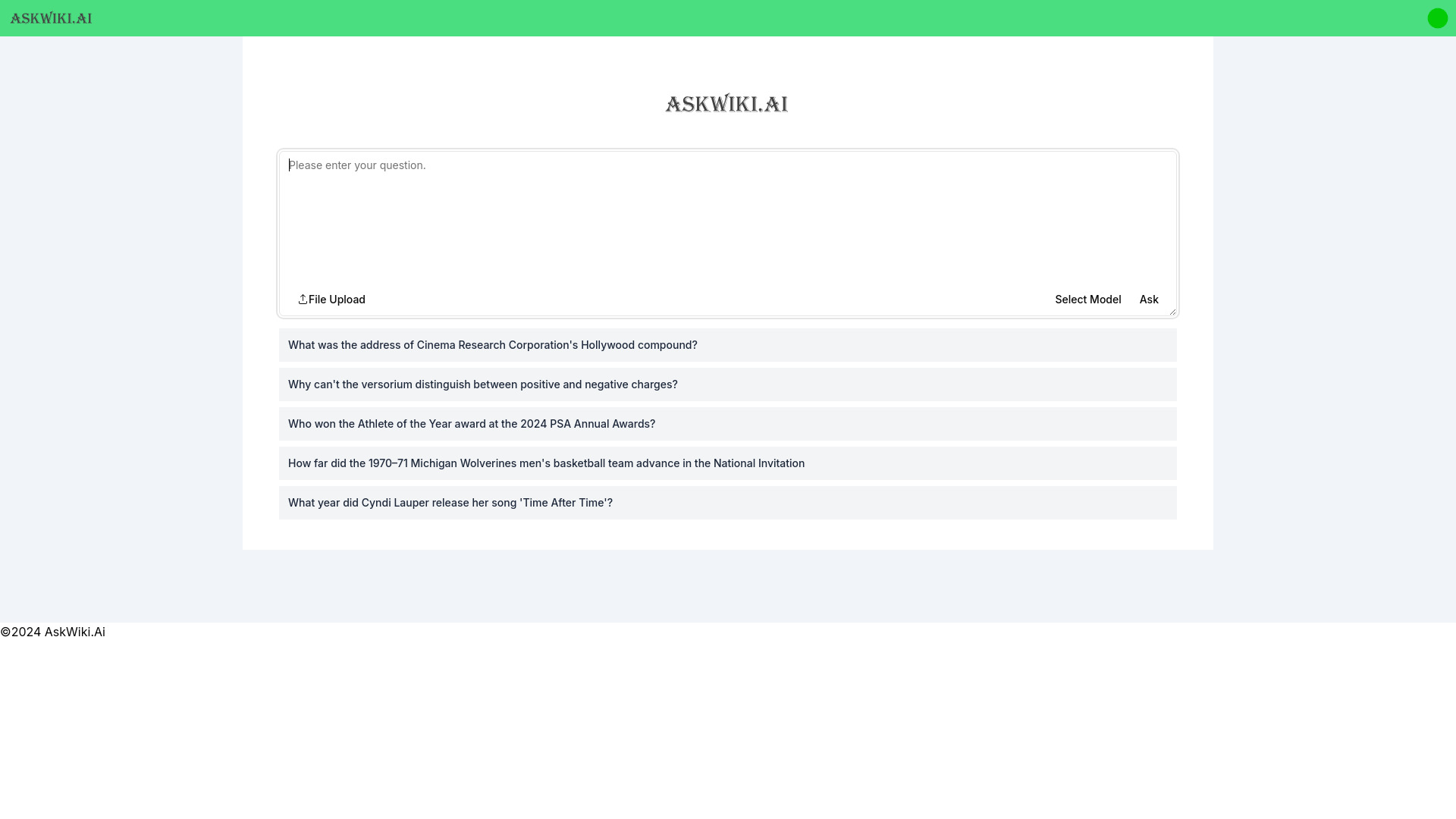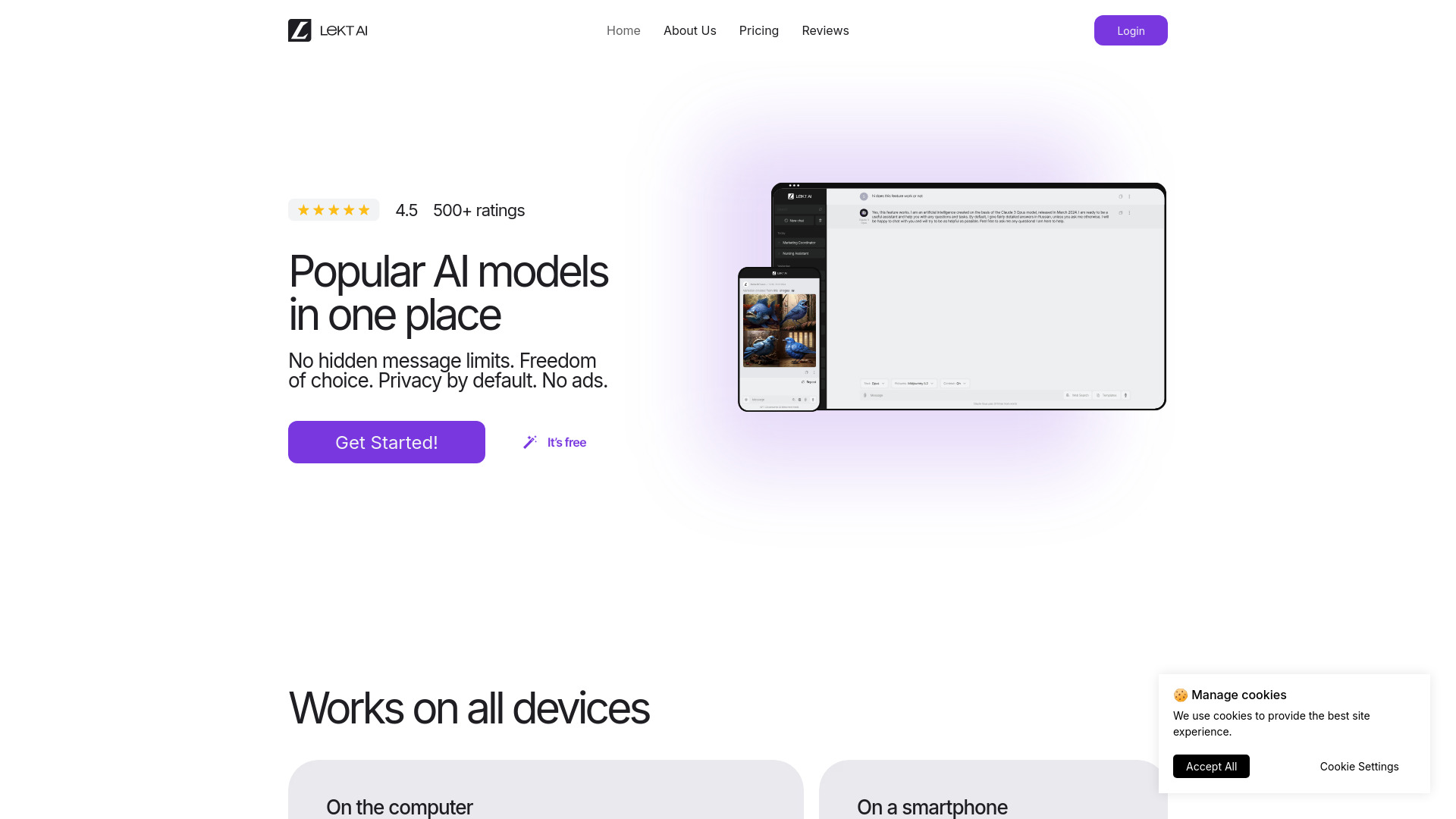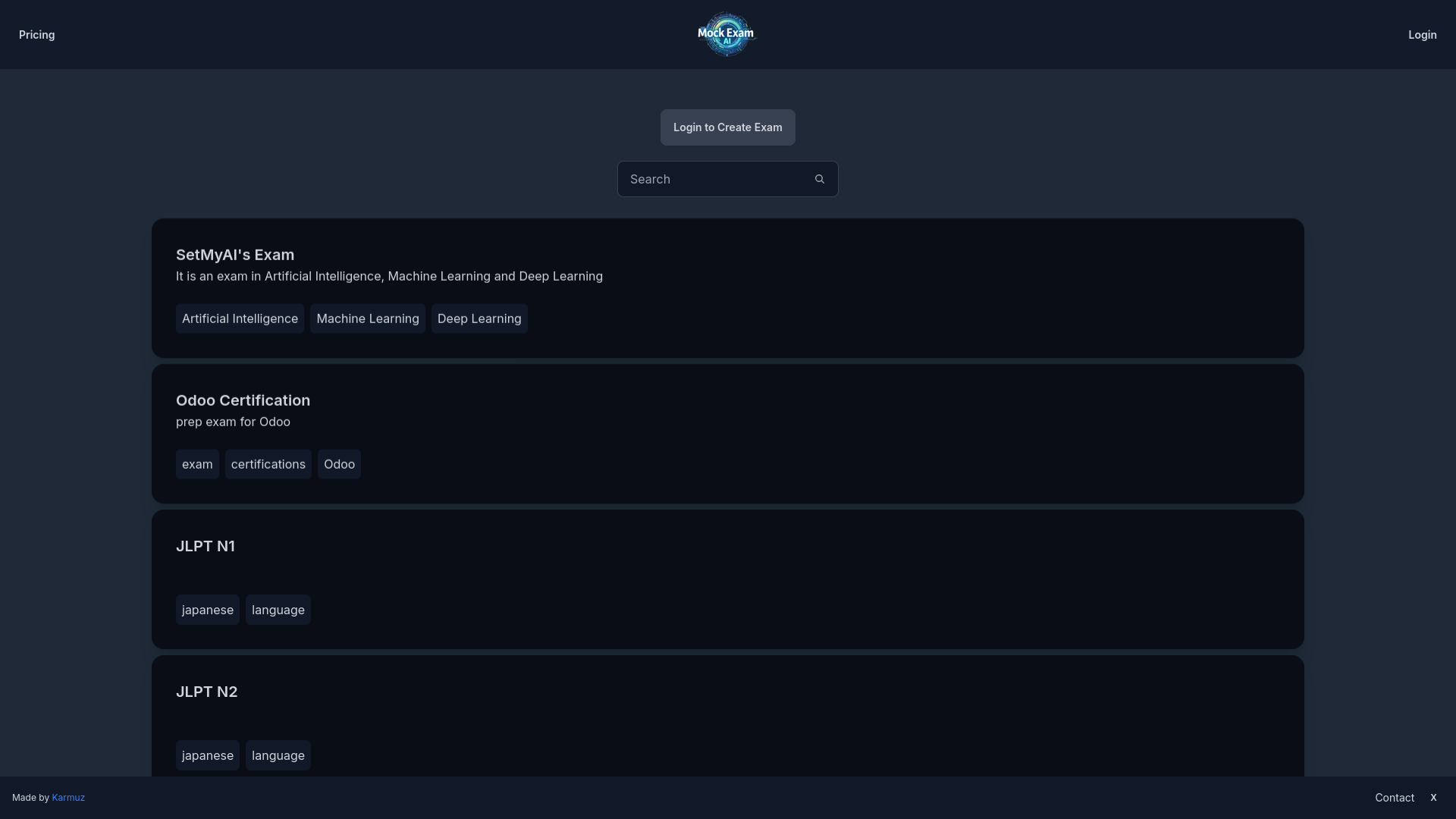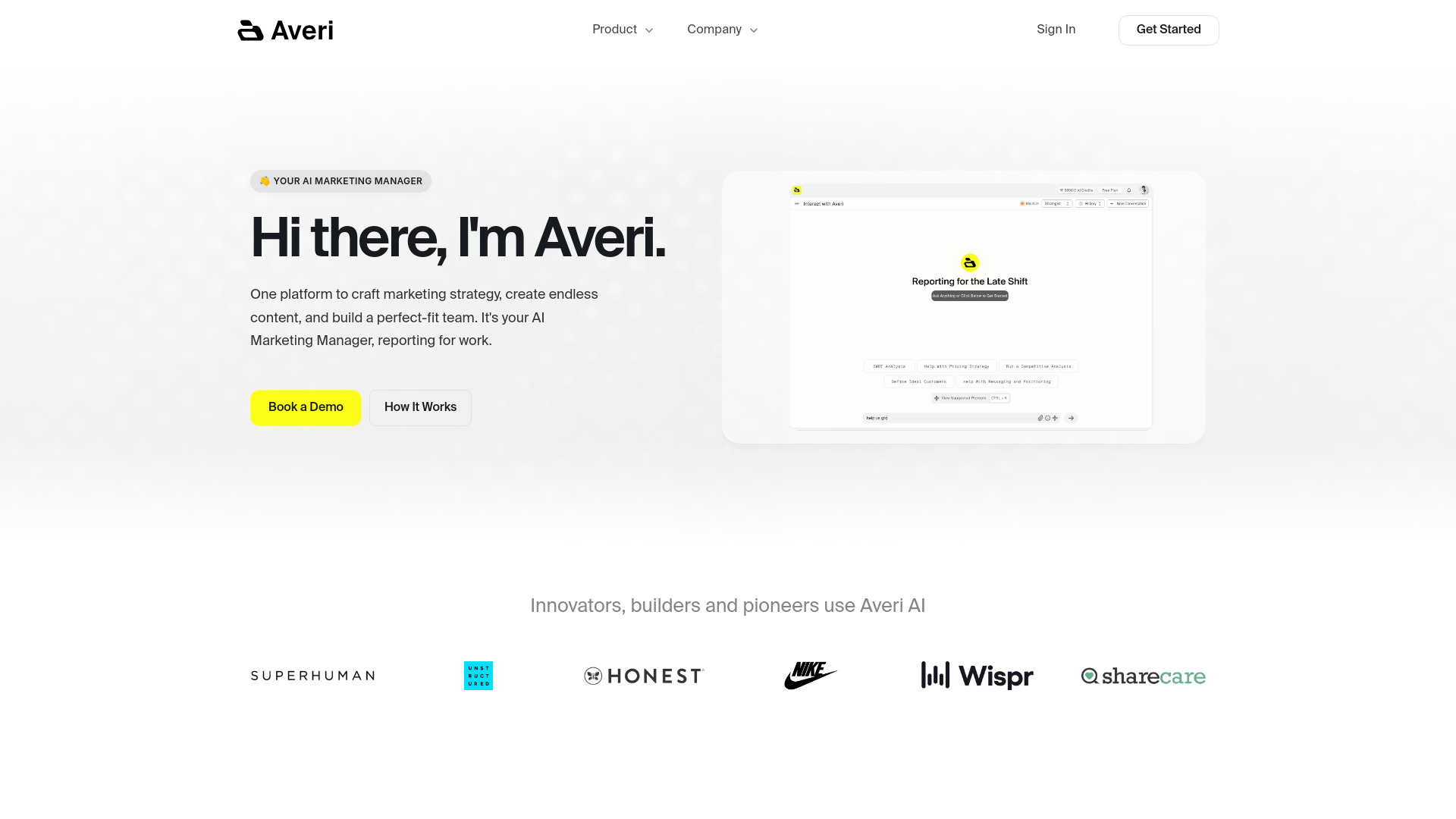AI Knowledge Management
AI Knowledge Management (AI KM) leverages artificial intelligence to enhance the creation, sharing, and utilization of knowledge within organizations. Applications include intelligent search engines, chatbots for information retrieval, and automated content categorization. Benefits encompass improved decision-making and efficiency. Challenges include data privacy, integration with legacy systems, and ensuring data accuracy.
Core Features
Intelligent data organization
Automated content retrieval
Natural language processing capabilities
Collaborative knowledge sharing
Analytics-driven insights
Adaptive learning mechanisms
Integration with existing systems
Use Cases
Automated document organization
Intelligent search and retrieval of information
Knowledge gap analysis for employee training
Content curation and recommendation systems
Facilitating collaboration through shared knowledge bases
Continuous learning and adaptation of database systems
Most Helpful AI's
Best Fit Jobs For AI Knowledge Management
Primary Tasks For AI Knowledge Management
| # | Task | Popularity | Impact | Follow |
|---|---|---|---|---|
| 1 |
🤖🔍
AI content detection |
0% Popular
|
87%
|
|
| 2 |
📚🎮
Interactive learning |
0% Popular
|
76%
|
|
| 3 |
📂
Document management |
50% Popular
|
87%
|
|
| 4 |
📚
Learning |
0% Popular
|
72%
|
|
| 5 |
💬
Conversation management |
0% Popular
|
76%
|
|
| 6 |
📊
Database QA |
0% Popular
|
78%
|
|
| 7 |
💡
Idea generation |
0% Popular
|
75%
|
|
| 8 |
📦
Product management |
50% Popular
|
78%
|
|
| 9 |
📄
Content |
50% Popular
|
78%
|
|
| 10 |
📊
Project management |
0% Popular
|
73%
|
|
| 11 |
📄❓
Document QA |
0% Popular
|
82%
|
|
| 12 |
📈
Content optimization |
0% Popular
|
85%
|
|
| 13 |
🗂️
Task management |
0% Popular
|
78%
|
|
| 14 |
🤝
Customer engagement |
0% Popular
|
78%
|
|
| 15 |
🧠
Decision making |
0% Popular
|
82%
|
